 Space
Space  Space
Space  Weird Stuff
Weird Stuff 10 Diabolical Nature Facts That Will Scare You Back Indoors
 History
History 10 Hitchhiking Pick-Ups That Genuinely Changed History
 Technology
Technology The 10 Coolest Technology Shifts Flying Under the Radar
 Movies and TV
Movies and TV 10 Best Bobby Hill Quotes From King Of The Hill
 Facts
Facts 10 Cool Palindromes You Didn’t Know Existed
 Movies and TV
Movies and TV 10 Underrated Giallo Movies That Deserve Your Attention
 Pop Culture
Pop Culture The Top 10 Legendary Swords from Sword-and-Sorcery Films
 Weird Stuff
Weird Stuff 10 Everyday Sayings with Surprisingly Violent Origins
 Weird Stuff
Weird Stuff 10 Weird Solutions to Global Problems
 Space
Space 10 Amazing Space Secrets from Our Own Solar System
 Weird Stuff
Weird Stuff 10 Diabolical Nature Facts That Will Scare You Back Indoors
 History
History 10 Hitchhiking Pick-Ups That Genuinely Changed History
Who's Behind Listverse?

Jamie Frater
Head Editor
Jamie founded Listverse due to an insatiable desire to share fascinating, obscure, and bizarre facts. He has been a guest speaker on numerous national radio and television stations and is a five time published author.
More About Us Technology
Technology The 10 Coolest Technology Shifts Flying Under the Radar
 Movies and TV
Movies and TV 10 Best Bobby Hill Quotes From King Of The Hill
 Facts
Facts 10 Cool Palindromes You Didn’t Know Existed
 Movies and TV
Movies and TV 10 Underrated Giallo Movies That Deserve Your Attention
 Pop Culture
Pop Culture The Top 10 Legendary Swords from Sword-and-Sorcery Films
 Weird Stuff
Weird Stuff 10 Everyday Sayings with Surprisingly Violent Origins
 Weird Stuff
Weird Stuff 10 Weird Solutions to Global Problems
Miscellaneous
Random List
 Miscellaneous
Miscellaneous 10 Ways Artists Use Music Science to Control Your Emotions
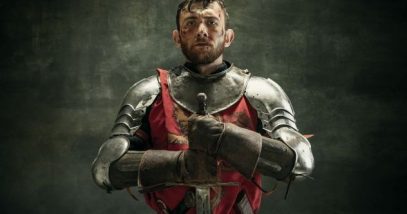 Miscellaneous
Miscellaneous 10 Video-Game-Worthy Weapons and Armors from History
 Miscellaneous
Miscellaneous 10 of the Craziest Landlord-Tenant Disputes
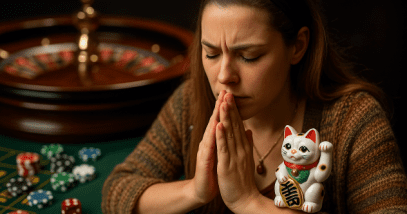 Miscellaneous
Miscellaneous 10 Most Bizarre Casino Superstitions: Weird Luck Rituals Worldwide
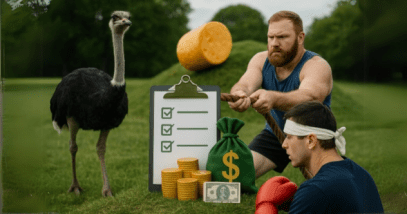 Miscellaneous
Miscellaneous 10 Weirdest Sports You Can Actually Bet On: Bizarre Betting Guide
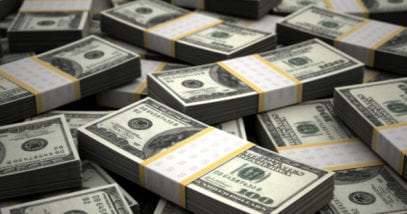 Miscellaneous
Miscellaneous 10 Tantalizing Stories About Money
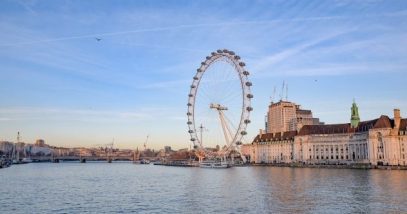 Miscellaneous
Miscellaneous 10 Iconic “Temporary” Structures That Still Stand Today
 Miscellaneous
Miscellaneous 10 Clever Loopholes That Forced Companies to Rewrite the Rules
 Miscellaneous
Miscellaneous 10 Groundbreaking & Historical “Firsts” We Witnessed in 2025–So Far!
 Miscellaneous
Miscellaneous 10 Allegories That Imagine if Countries Were People
 Miscellaneous
Miscellaneous 10 Fascinating and Unexpected Uses of Poetry from History
Editor’s Picks
 Movies and TV
Movies and TV 10 Psychiatric Diagnoses Of Horror Villains And Their Victims
 Movies and TV
Movies and TV 10 Greatest Movie MacGuffins Of All Time
 Movies and TV
Movies and TV 10 Iconic Movie And TV Restaurants That Are Actually Real
 Movies and TV
Movies and TV